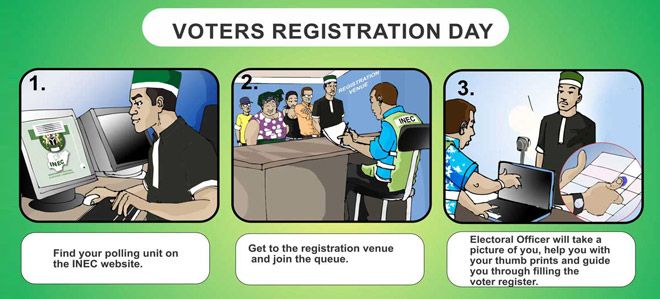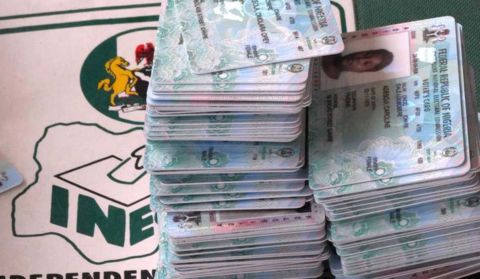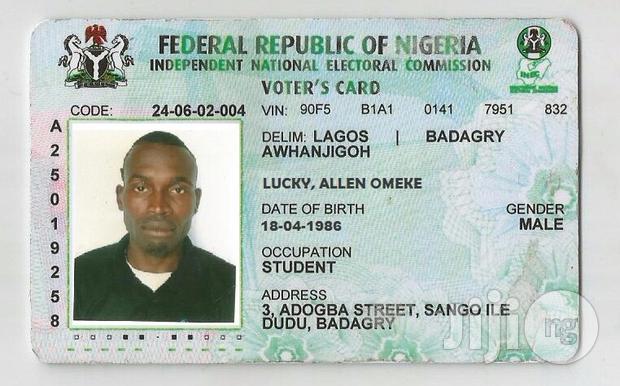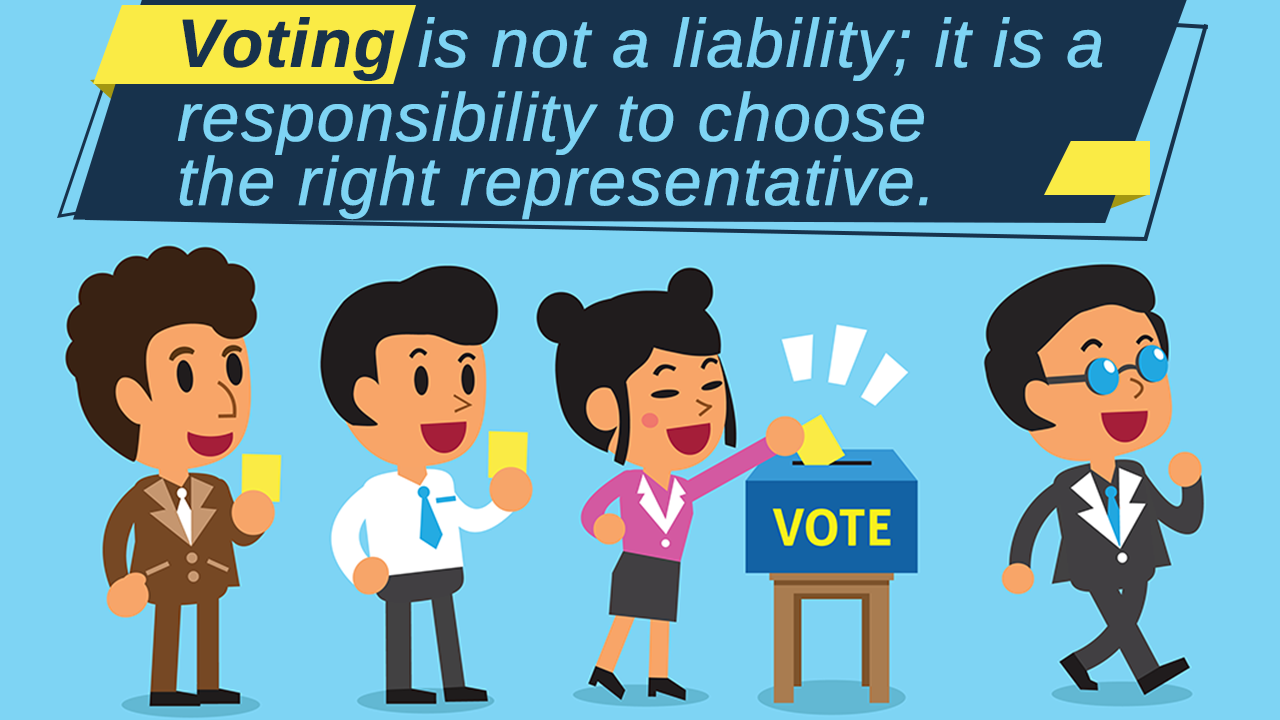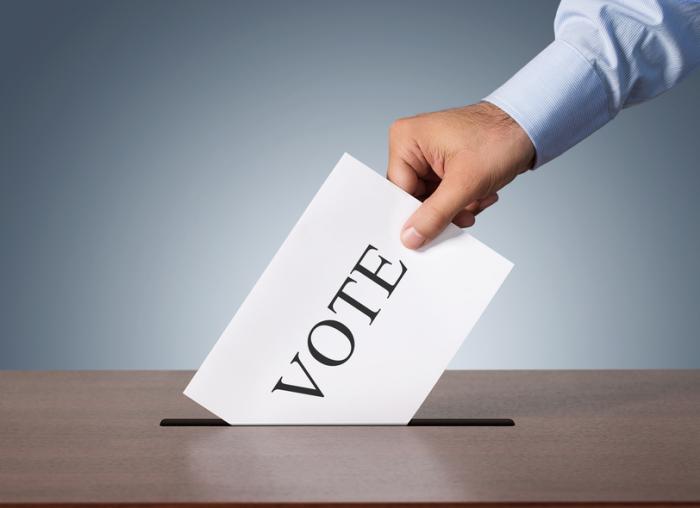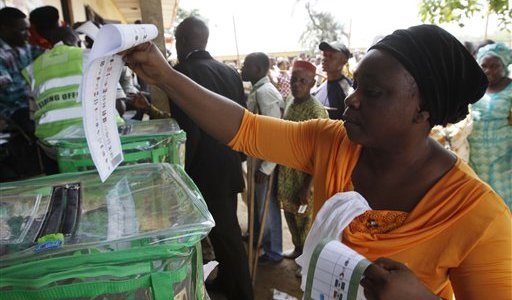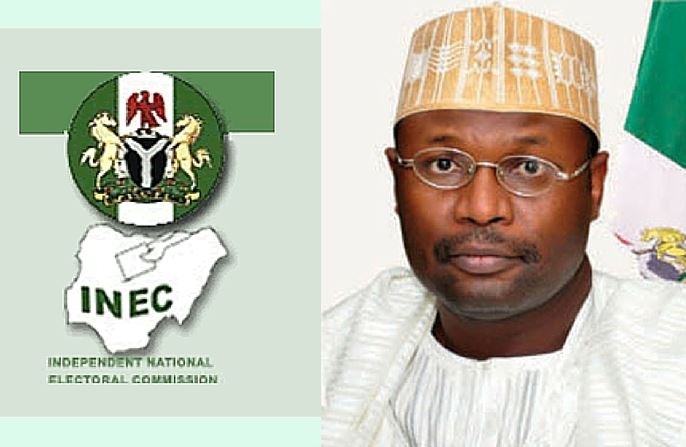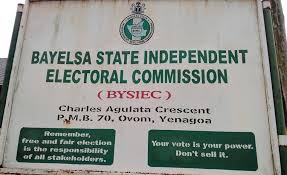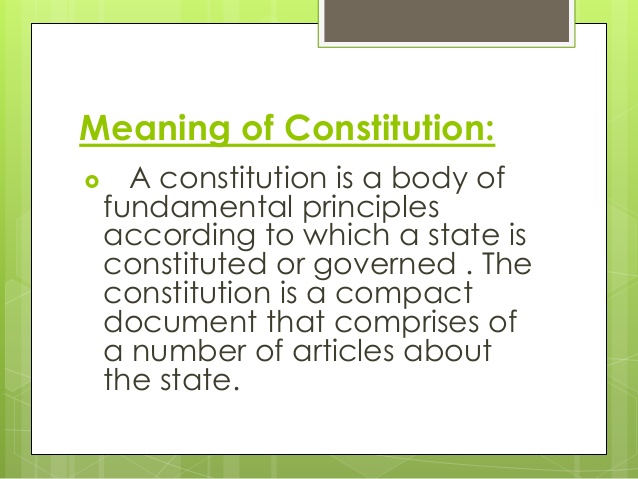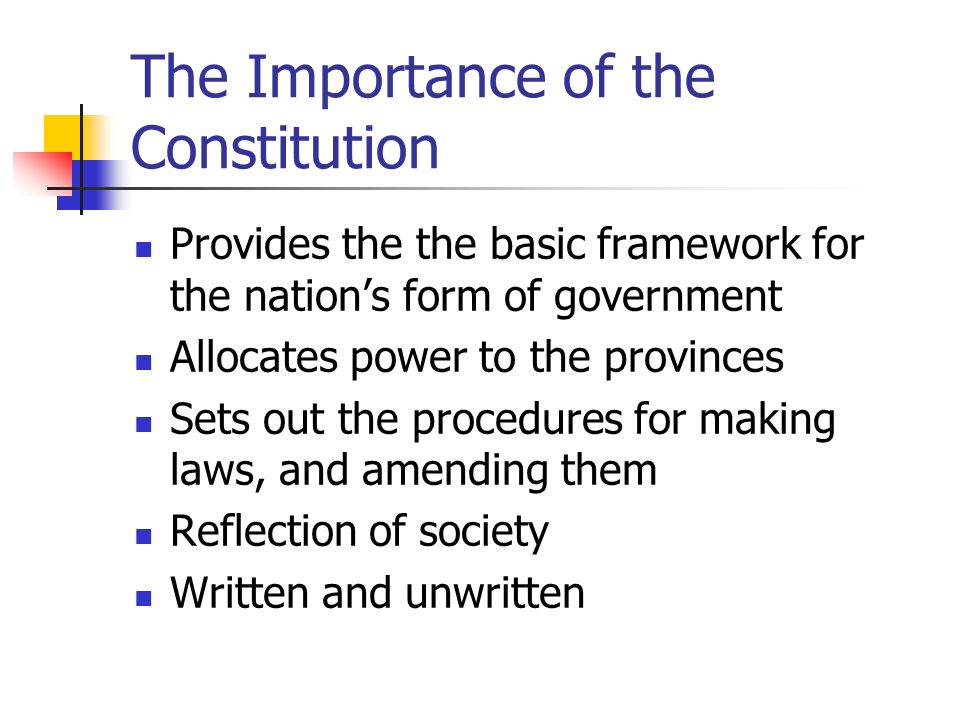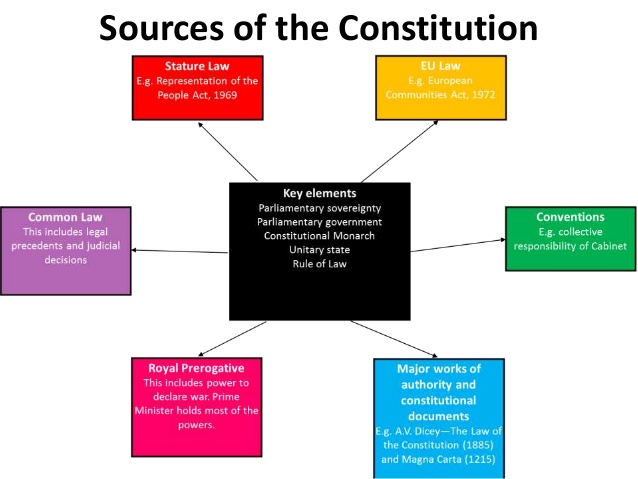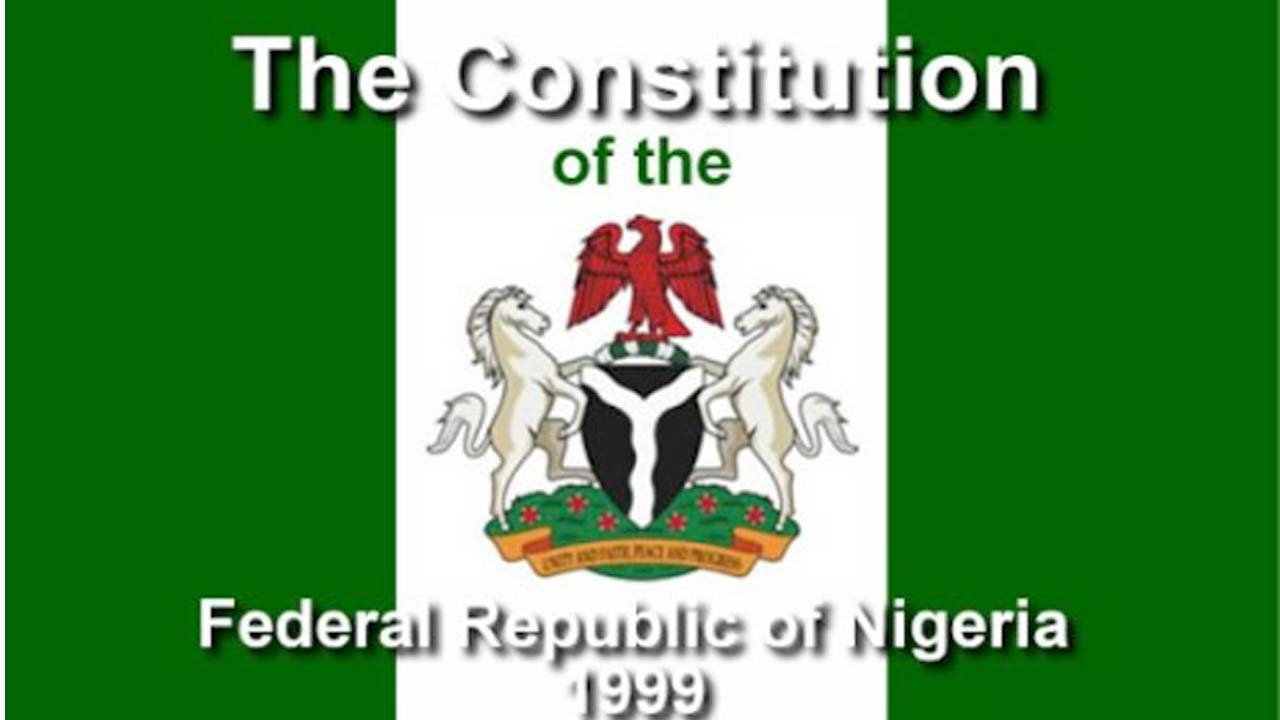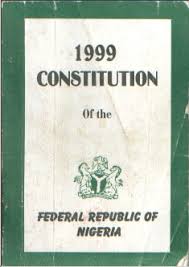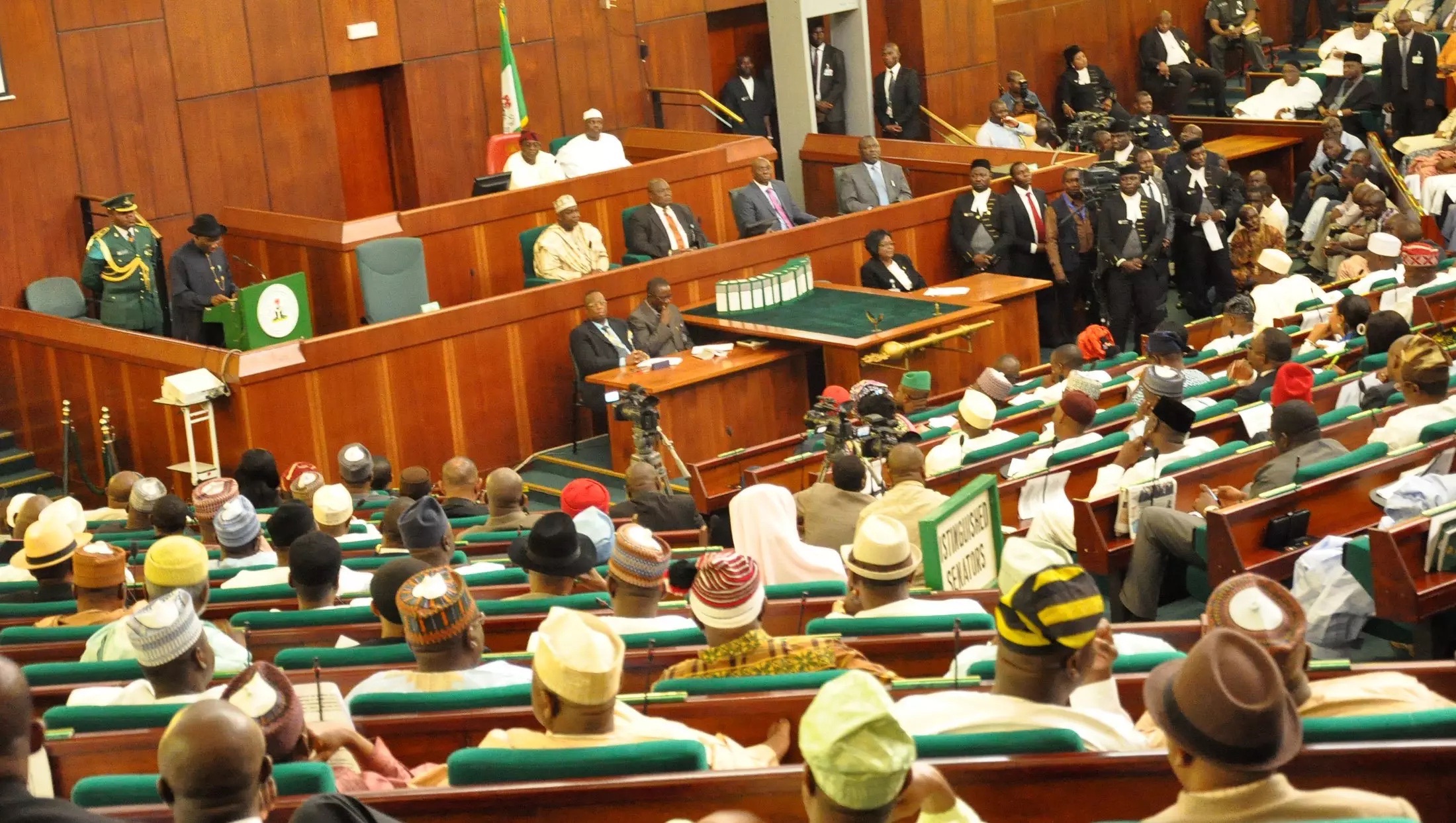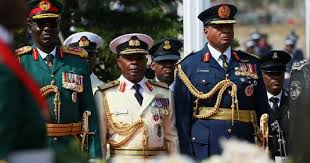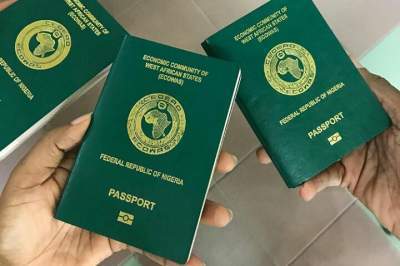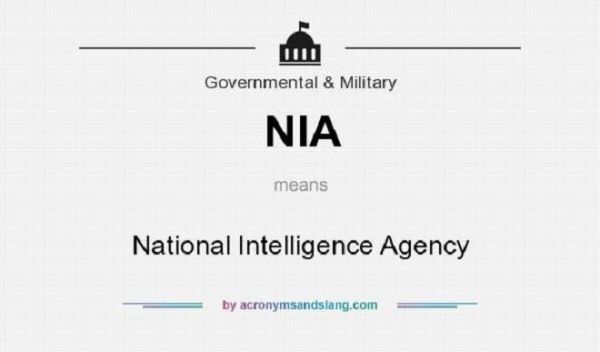LESSON 1
TOPIC: PROTECTION OF THE RULE OF LAW
CONTENT: 1. Meaning of the Rule of law
2. The rule of law e.g equity before the law, etc.
3. Protection of rule of law (legal process, independent judiciary, equity, justice etc
4. Benefits of the rule of law
MEANING OF THE RULE OF LAW AND THE RULE OF LAW E.G EQUITY BEFORE THE LAW,ETC
MEANING OF THE RULE OF LAW:
Definition of the Rule of Law: this is the absolute supremacy or predominance of the law over everybody both the ruler and the ruled and all decisions taken in a country. The rule of law is associated or practised in a country that operates a democratic government (Democracy). Hence there can be no democracy without the rule of law. In the rule of law there is no “arbitrariness”-that is
law not according to rule: based on the decision of a judge or court rather than in accordance with any rule or law(Constitution)
The rule of law means supremacy of the law, equality before the law and the adoption of fundamental human rights in a democratic state
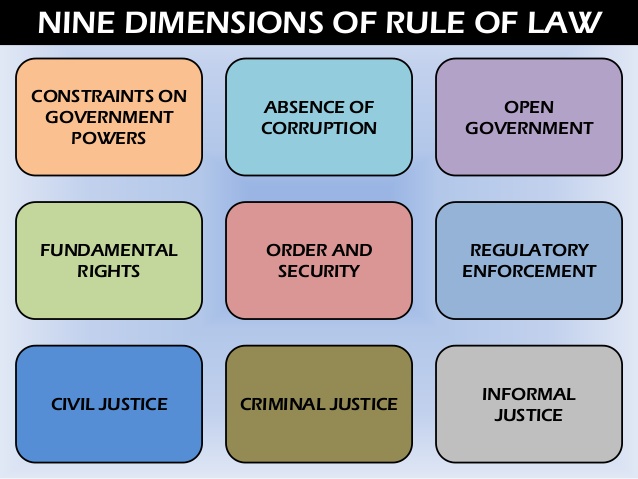 THE RULE OF LAW (Principles of the rule of law)
THE RULE OF LAW (Principles of the rule of law)
This principles was formulated by A.V. Dicey in 1885
The concept of the rule of law has three major features:
(a)
The supremacy of the law: the rule of law is supreme (the highest) over every citizen of a country, either the president or the common man on the street. Under this law nobody can be punished without being found guilty of a crime (that is he/she must have broken a law). All government officials must obey the law of the land, and if they do otherwise they too would be duly punished. Therefore the supremacy of the law serves as a restriction to any action of any citizen in a country.
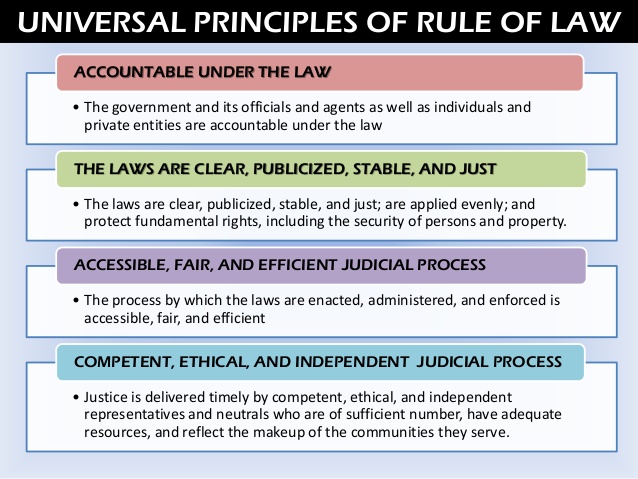
(b)
Impartiality or Equality before the Law: all citizen is equal before the law irrespective of their status or position, therefore anyone that violates the law will be punished accordingly, and that is after the person has been tried in the ordinary court of the land and found guilty. Equality before the laws means that an “ordinary” citizen can bring any government or official for trial and vice-versa if the person has offended. The judiciary should be independent and impartial.
https://www.slideshare.net/VanessaMunga ... re-the-law
(c)
Liberty of Individuals (Protection of human rights): Every country and government must protect the rights and liberty of its citizens. Everyone has the freedom and right to choose whatsoever pleases him/her as long as it will not violate any of the laws in the constitution, hence the right to freedom of worship, life, to own personal property, association, religion etc must be well protected. No one must prevent others from enjoying the freedom of whatever he chosen to operate. Once one feels his/her right is being violated either by the government or an individual he/she is free to bring the matter to the court for redress.
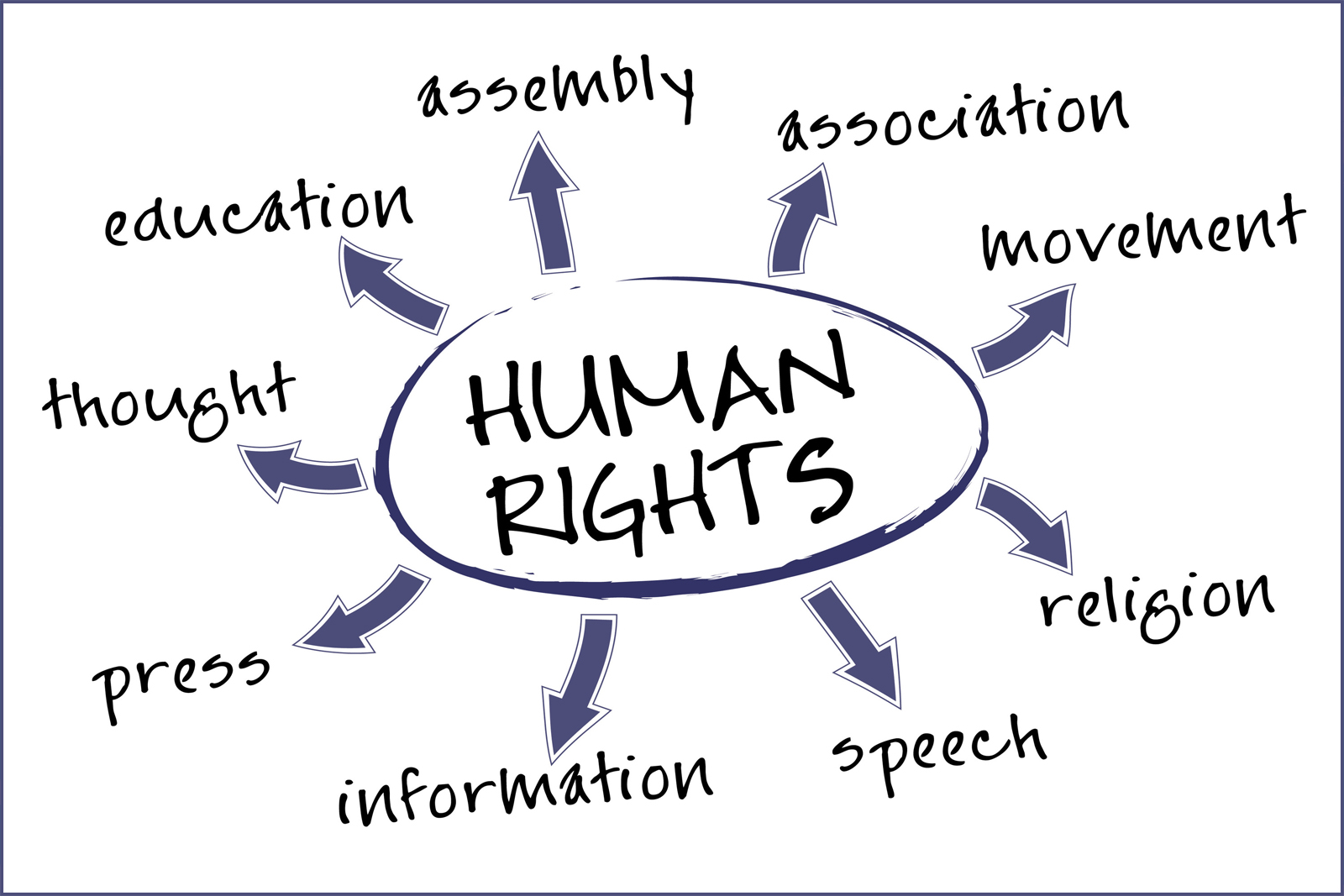
Others are:
1. Upholding the rule of law as the only basis for dispensing justice
2. Recognizing that all citizens are equal before the law
3. Accepting that there should be good governance
4. Accepting that the judiciary must be independent.
NOTE: The rights of every citizen are normally stated in the constitution. These rights are divided into three:
a. Absolute right: e.g right to life, right to protection against torture etc.
b. Qualified right: e.g right to private life, right to freedom of expression, right to movement etc
c. Protection right: eg right to protection against discrimination etc
EVALUATION:
1. (a) Define the Rule of law
(b)The Rule of law is associated with ___________form of governance.
(c)What do you understand by the term “arbitrary”
2. Explain the three major features/distinctive/principle of the rule of law
3. List two other features of the rule of law
LESSON 2
PROTECTION OF RULE OF LAW (legal process, independent judiciary, equity, justice etc.
Every citizen has certain rights on the citizens, most of which has been spelt out in the constitution. Examples of these are: Child’s right law, freedom from unlawful detentions, freedom of peaceful assembly, freedom from subjection to torture and indecent treatment etc. if decisions of an individual’s right were to be arbitrary then these rights will not be fully protected. Every government must make sure that all citizen rights are protected duly and thus must punish anyone who violates or abuses any right of citizens.
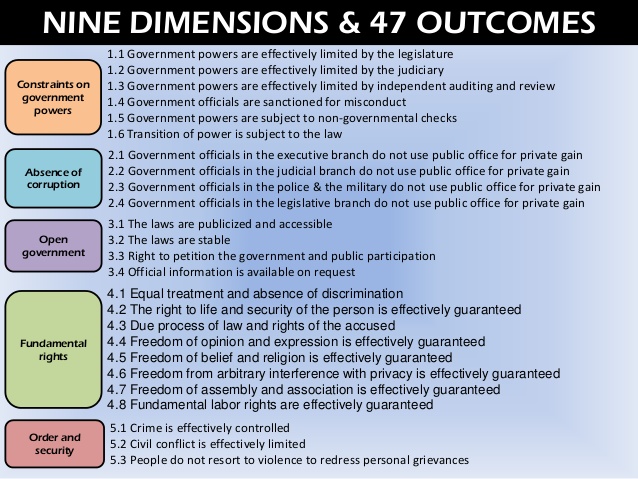
There are various ways set up to protect these rights of citizens by the rule of law:
1. Following Legal process and due process-that is seeking redress at the court of law, and defaulters punished according to the prescribed penalties for offences
2. Equity-irrespective of one’s class or status, everybody is equal before the law therefore there should be equal justice for offences committed.
3. Justice-avoidance of favouritism, and putting the right laws into action. Justice delayed is justice denied; therefore the court must be effective in handling and dispensing justice.
4. Fair-play-avoidance of partiality, behaving fairly to all, spirit of sportsmanship, tolerance, patient living
5. Good governance-effective control and leadership over the citizens of the country. Government should provide basic social infrastructure and amenities to reduce the suffering of the masses. The government should minimize wastage of funds.
6. Adoption of democratic government
7. Peaceful protest against the abuse through the mass media or protest match
8. Education and public awareness.
9. Independence of the Judiciary
10. Press freedom.
https://www.slideshare.net/statisense/n ... eruleoflaw
Various institutions responsible for the protection of human rights and the rule of law.
1. LAW ENFORCEMENT AGENCIES e.g National Drug and Law Enforcement Agencies, (NDLEA); Economic and Financial Crimes Commission (EFCC) and Independent Corrupt Practices Commission (ICPC).

2. The civil society which comprises of voluntary and civil organization and institutions. E.g. non governmental organization (NGOs), cultural groups, religious organization, trade unions. Etc.

3. Students organizations such as National Association of Nigerian Students (NANS)

4. Ethnic union eg OPC (Odua People’s Congress), Bakassi etc.
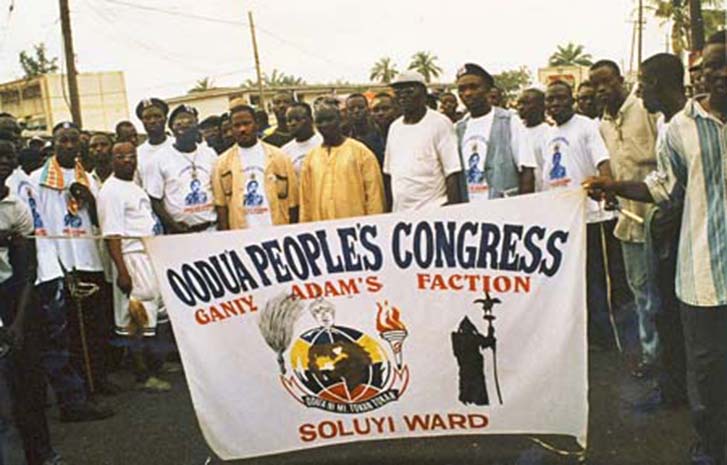 BENEFITS OF THE RULE OF LAW:
BENEFITS OF THE RULE OF LAW:
1. The application of the rule of law will ensure that government will operate in accordance with the dictates of the constitution
2. The rule of law will guarantee the independence of the Judiciary as the custodian and interpreter of the country’s constitution
3. The rule of law will also promote stability in government, as all the organs of government will act according to the stated laws.
4. The rule of law will equally promote the fundamental human rights of the citizens, as the law will prevent any infringement upon such rights.
5. The notion of the rule of law will also promote the doctrine of separation of powers and checks and balances as no organ of government will interfere in the functions of other organs
6. The rule of law will also prevent oppression and tyranny in the society, as autocratic leaders will have no place in government
7. The rule of law will also promote steady progress in the society.
EVALUATION:
1. List three ways by which the rule of law protects human rights.
2. List 3 institutions responsible for the protection of these rights.
ASSIGNMENT:
1. Human rights are the (a) privileges enjoyed by the citizens of a given state (b ) rights enjoyed by the people in authority (c) rights enjoyed by the less privileged (d)rights enjoyed by the people in authority
2. The rights that enable a citizen to participate in the government of a state is known as (a) human rights (b) political rights (c) economic rights (d) social rights
3. Which of these is not an appropriate step to protection of human rights? (a) election of a good government (b) violent protest against the abuse through the mass media or protest match (c) Education and public awareness. (d) Fair-play: avoidance of partiality, behaving fairly to all, spirit of sportsmanship, tolerance, patient living
ESSAY
4. Give five benefits of the rule of law.
5. State 5 importance of voting









